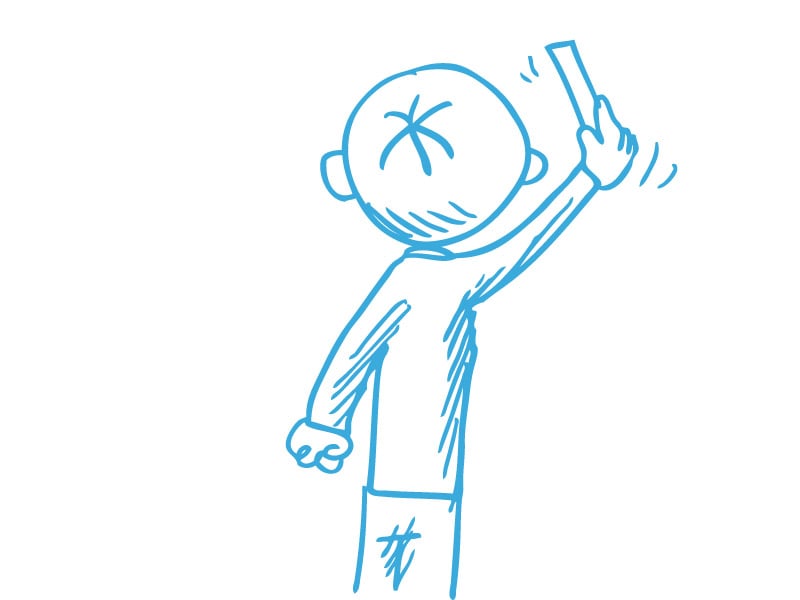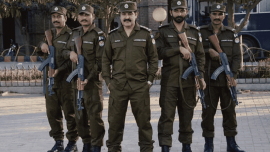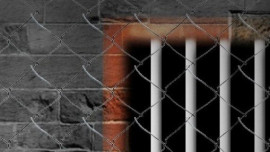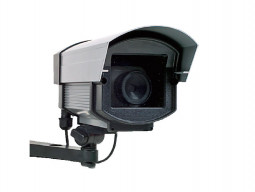
Classroom environments should encourage children to ask questions, while teachers should strive to create lessons and examinations that compel students to apply creative thought, reasoning and analysis.
These were the views expressed by panellists at a seminar titled, ‘How to promote critical thinking in the classroom’, as part of the ‘Teachers’ Literature Festival’ at Lok Virsa on Thursday.
Education campaigner Mosharraf Zaidi moderated the panel of eminent educationists and activists.
“Around 40 to 50 per cent of schools in the country lack a boundary wall, running water, electricity and washrooms. Perhaps discussing critical thinking in classrooms is too lofty an idea,” Zaidi said.
In his survey of rural schools, United Nations youth volunteer Saeed Khan found that students were given no context or vision for what they wanted to study. For instance, student wanting to be doctors were given no access to hospitals to contextualise their educational goals.

Physicist Dr AH Nayyar said it is important for both students and teachers to have sceptical minds which operate on evidence.
“Teachers who rush to answer their own questions in class, without giving students time to reflect and analyse, do their pupils a disservice,” he said.
He said exams should be formulated to trigger creative thinking in students.
“Explaining both the ‘why’ along with the ‘how’ develops logic in students, which leads to critical thought,” he said, adding that no critical thinking methods were imparted during teacher trainings.
“Classroom lessons are imparted as a matter of faith, with no room to question what is taught,” said rights advocate Peter Jacob.

Dr Nargis Sultana from the Open Society Foundation said teachers were often inhibited by non-teaching activities such as vaccination drives and election campaigns.
Economist Dr Faisal Bari said that it was crucial to teach students in the language they are most comfortable in and advocated a multilingual curriculum. He said students should be explained concepts linked with examples from everyday life and be asked to explain complex theory and definitions in their own words.
Bari added that it important for teachers acknowledge that learning is a slow process that requires conceptual repetition.
“Teachers should understand that there is no shame in saying ‘I do not know’ to a question, instead of making up answers to conceal ignorance,” he added.
Speaking to The Express Tribune, Dr Bari said that there was no system in place to take feedback from teachers and make use of their experiences when framing the country’s education policy. He also said that, whether acknowledged or not, students in regional schools were being taught in local languages, and that this needed to be formalised.
Other events sessions included ‘The art of reading with expression’ by Rumana Husain; Renowned actor Adeel Hashmi’s view on understanding Faiz Ahmed Faiz; Izzah Meyer’s session on teachers’ involvement in framing the new education policy; Tina Sani and Khaled Anum’s shared thoughts on ‘Words, music and the changing times’; Malik Bilal Haider shared his views on piracy and intellectual property; Dr Fouzia Saeed, Alima Bibi and Sheherezade Alam discussed the value and promotion of heritage education.
The capital’s second Teachers Literature Festival attracted more than 5,000 teachers, authors, literary figures, scholars, educationists and children. The event marks the start of a three-day-long literature celebration at Lok Virsa.
Idara-e-Taleem-o-Aagahi and Lok Virsa in collaboration with Oxford University Press and Open Society Foundation have organised the event. A two-day ‘Children’s Literature Festival’ will start tomorrow (Friday), inaugurated by federal minister for information Senator Parvaiz Rasheed, at the same venue.
Published in The Express Tribune, October 2nd, 2015.

















COMMENTS
Comments are moderated and generally will be posted if they are on-topic and not abusive.
For more information, please see our Comments FAQ